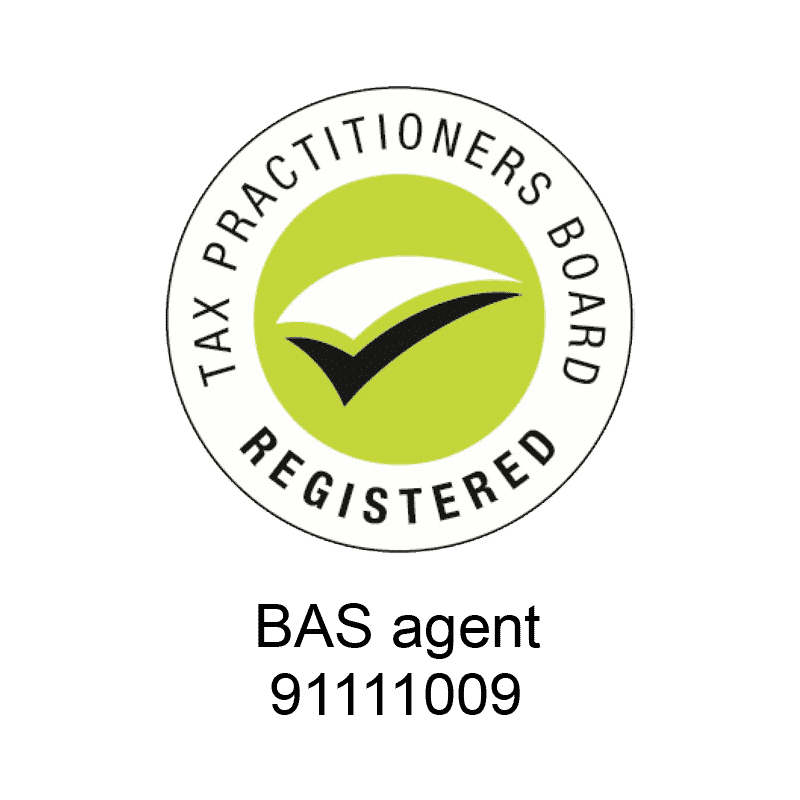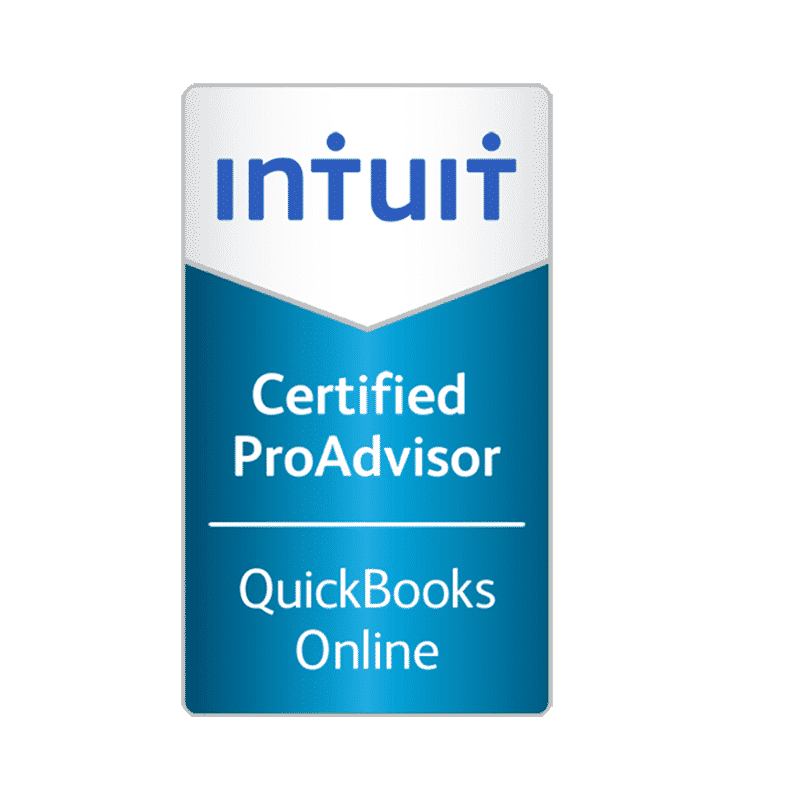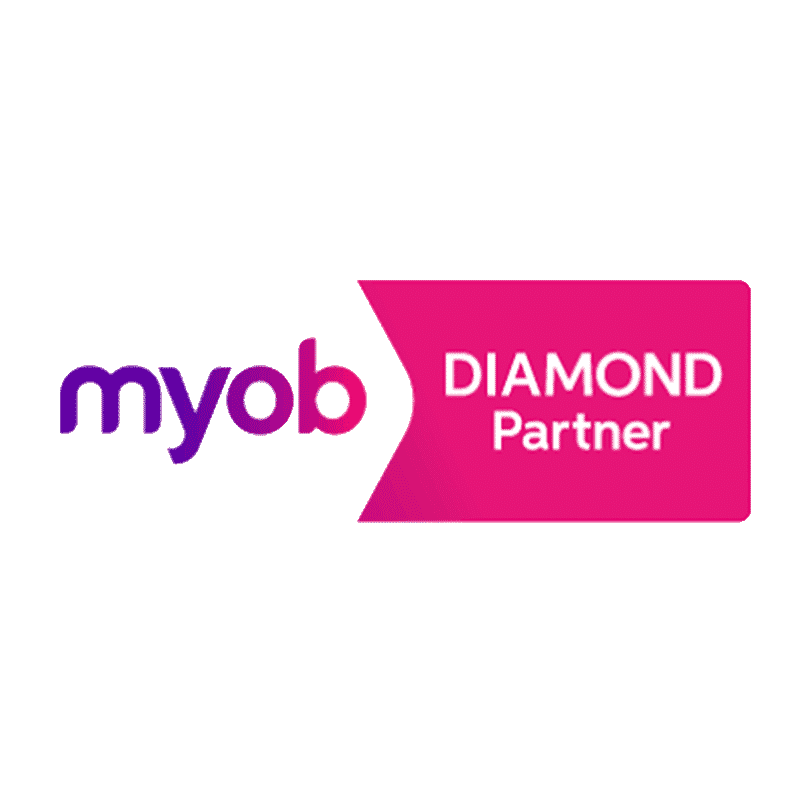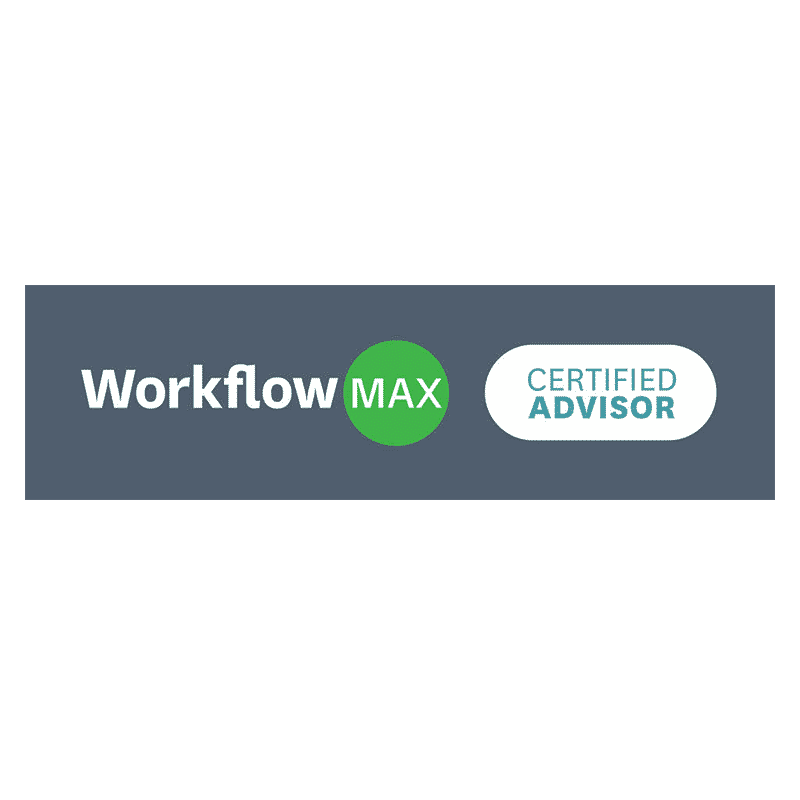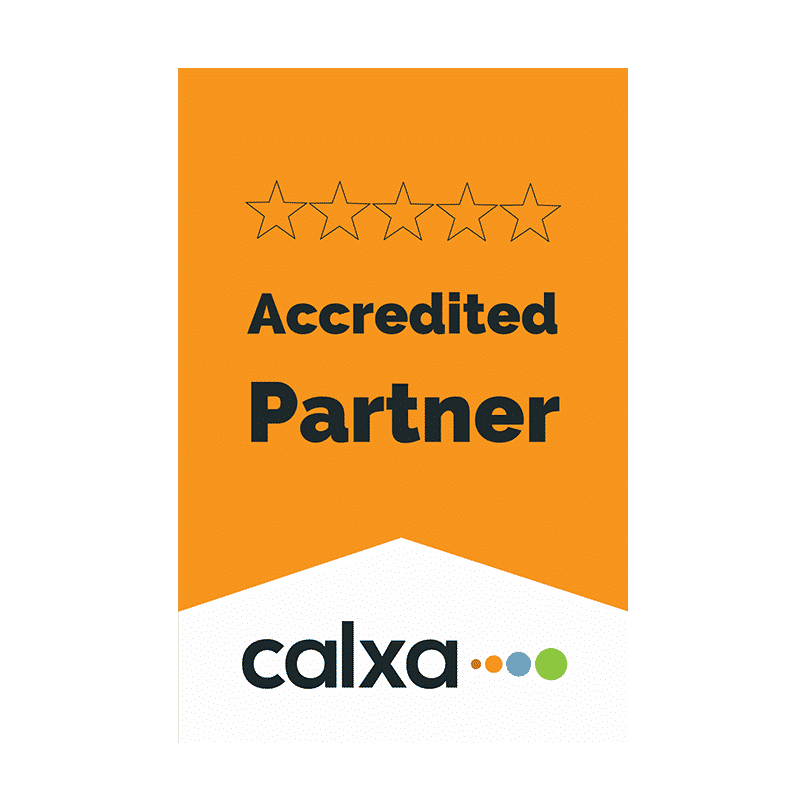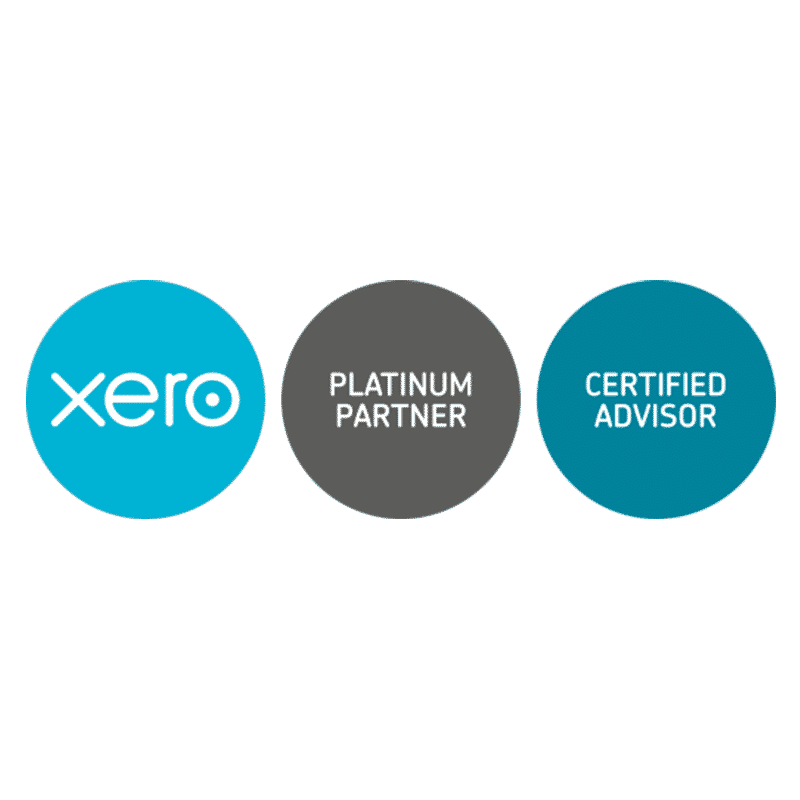Professional Development: Boosting your performance and increasing opportunities
What Is Professional Development?
Attending workshops, increasing your skillset, expanding your professional network, and earning new qualifications falls under professional development. A few companies offer in-house professional development activities, like mentoring or training sessions. For example, the WA Police offer The Professional Development & Training Unit, which provides a variety of learning opportunities for all WA Police Force members.
But the advancement of professional education is likely something you’ll have to pursue outside working hours.
Why Is Professional Development Important?
Professional development can assist you in refining your skills, which leads to greater odds of a promotion or the chance to tread new career paths. This is especially helpful if you’re working in a competitive field.
Also, as the current marketplace and business landscape rapidly changes, current skills are likely to fall into obsolescence at a commensurate rate. By engaging in professional development courses, you’ll have an easier time of applying your knowledge than someone who doesn’t seek to refine and improve their professional education.
Not to be discounted is the confidence boost that comes with professional development. This can aid in completing your tasks more efficiently and having plans in place to prevent your career from stalling out.
Benefits of Professional Development
If you opt to engage in professional development, the benefits reaped can be considerable. It varies depending on your goals and career but broadly speaking you can expect to expand your knowledge, improve your confidence, and increase your earning potential.
Expanding Your Knowledge Base
Whether you’re a young professional or an experienced figure well into your career, the learning process is a source of enrichment. The discovery of new ideas and the possibility for innovation is increased by deepening your education.
Improve Confidence & Credibility
Confidence and credibility are often interlinked; low credibility tends to negatively affect confidence levels and low confidence doesn’t do much for your credibility. Professional development courses, with the education and opportunities for growth that entails, goes a long way to improving your confidence and credibility.
Improve Employee Retention
It’s not only employees who reap the rewards of professional development. Employers who cultivate professional development could find this translates into improving employee retention; an engaged employee is less likely to leave than a bored one.
Although there isn’t a single solution for employee retention, professional development boosts employees’ confidence in their work, leading to improved performance, productivity, and signifies a level of competency from the employer. All of which is a boon for the company’s retention rate.
Increase Earning Potential & How Hireable You Are
The acquisition of knowledge and skills naturally raises your value on the job market. Of course, your value depends on a whole range of factors – like the industry you’re in, specific jobs, who you know, and your level of experience. But making the effort to stand out among a sea of applicants can only increase your hireability.
An employee who takes ownership of their career and seeks professional development can also command an increase in their earning potential.
Networking Opportunities
The bread and butter of professional development are workshops and conferences. These environments facilitate the opportunity to build meaningful and fruitful relationships with your colleagues. Cultivating relationships based on trust and education can provide future opportunities for both parties.
For example, if you need a reference for a new job, these kinds of relationships can increase your hireability, as mentioned earlier. But like any functional relationship, it’s a two-way street, so be prepared to give as much as you get.
Stay Up To Date With Industry Trends
A proven way to stay up to date with industry trends is through traversing all the available avenues of professional development. Attending workshops, making new connections, and expanding your base of knowledge means keeping your finger on the pulse by embracing new technologies and ways of doing things.
Opens Doors For Future Career Changes
In your personal life and professional life, the only guarantee is change. The new and upgraded skills you’ll acquire through professional development goes a long way toward readying yourself for a career pivot, even one that is way down the line.
Encouraging Employees To Undertake Professional Development
Setting up a professional development program for success involves generating a level of enthusiasm and interest from the participants. There are a couple of aspects to a useful professional development program:
- Offer continual development.
- Allow employees agency regarding their educational path.
There’s an educational strategy known as micro learning, which focuses on easy-to-grasp concepts broken into digestible chunks of information.
An example of this is teaching employees to connect with the mobile generation, which is important as more and more employees are getting acclimated to working remotely. Due to the modern workforce comprising of multiple generations, a singular approach to employee enrichment is not likely to yield the best results.
Moreover, there should be a plethora of opportunities to pursue professional development. For example, webinars and podcasts are great because they give participants total autonomy over their learning. Informal professional development tools like this work well when paired with more formal offerings such as workshops.
But even well-intentioned companies can find these initiatives won’t amount to much if support for professional development weakens over the long term. Employers should organise regular follow-ups to check if employees are making the most of these educational tools and, if need be, make some adjustments depending on what each employee needs.
Types of Professional Development
There’s not just one way to go about a professional development journey. There’s a wide range of activities and methodologies that can contribute to your learning. This can include on-the-job training, formal training, attaining certifications and qualifications, and informal learning. Aside from this, professional development can refer to all kinds of relevant training opportunities and education that makes the space for an enriching career.
The ease of access to formal and informal professional development activities is paramount in today’s workplace. For simplicity’s sake, it can be broken down into three types.
Structured – Active Learning
Structured Continued Professional Development (CPD) is an interactive approach to learning, wherein participation is vital. The main activities here include workshops, conferences, seminars, lectures, e-learning courses. This aspect also covers exams and career-oriented assessments.
Reflective – Passive Learning
Reflective Continued Professional Development is a passive form of learning, where there is no participation involved. This includes reading case studies and relevant news articles, watching out for industry updates and listening to podcasts. Informal meetings can also fall under Reflective CPD, as long as learning goals are spelled out in a professional development plan.
Self Directed – Unstructured Learning
Self-directed learning includes all unsupervised professional development activities, including reading online and print articles and publications. Some unstructured learning tools include peer-reviewed books and studies, trade magazines, industry-specific news feeds. Note that professional development doesn’t only constitute on-the-job training; it also includes any form of education or learning which aids in improving a professional’s skill and knowledge.
How To Track & Record Professional Development
Professional development includes thoughtful planning followed by precise implementation with feedback tailored to an individual’s needs. A CPD log or personal development plan, shows a record of all learning activities you have completed. It’s a useful tool, enabling you to track your learning and development and paints a clear picture of how your skills and knowledge have developed over time.
For professional development to be a success, it has to be done with intentionality. Set goals for yourself and think about what you want to get out of your development activities and what are the best ways of achieving your goals.
To create a comprehensive plan for yourself – or your employees – it’s advisable to keep a folder or portfolio of all your development activities and draw on your learning diary. Your plan is strictly for you and your needs, so any relevant learning activities should be managed by you.
So your personal development plan is as useful as possible, take note of the following tips:
- Relevant to you and your career
- Planned, executed, recorded and evaluated to show the impact on you and your role
- Able to support the enhancement of your knowledge and expertise
- Varied – learners will have different levels of access to resources and activities that support their own professional journey
How Can Wiseclick Training Assist with Professional Development?
Qualified bookkeepers and BAS Agents are just a couple of jobs which demand ongoing professional development. This is where our phenomenal team at WiseClick Training can be of service. We offer a range of short courses and single units of study from the nationally recognised FNS40217 Certificate IV in Accounting and Bookkeeping to keep your skills and knowledge sharp. Here are the courses on offer.
Financial Reports - Analysis and Ratios Explained
A brief course that covers numerous financials including non-reporting entities.
FNSSS00004 Bas Agent Skills Set
A programmed aimed at bookkeeping practitioners that require the BAS Agent Skills Set as part of an educational pre-requisite to register as a BAS Agent with the Tax Practitioners Board.
Fuel Tax Credit Explained
A guide to understanding, calculating and reporting Fuel Tax Credits for your clients or you Business on the Business Activity Statement (BAS).
Full BAS Reporting For Agents
A one-day course covering how to complete and lodge for full BAS reporting correctly, alleviating worries concerning penalties and you clients paying too much for the ATO. This course covers BAS Agent legislation, GST legislation and how to read it, FBT reporting, Wine equalisation reporting and much more.
Inventory Management for SMEs
This course teaches inventory management for small to medium sized businesses.
Simpler BAS For Business
A two-day course teaching you how to complete and lodge your BAS correctly without having to worry about penalties and paying too much to the ATO.
Single Touch Payroll For SMEs Including Micro Businesses
This course teaches the latest skills to complete your MYOB and Xero STP requirements.
Other Courses
We also offer several other business courses which covers vital software like MYOB, XERO, Microsoft Word and Microsoft Excel. Mastering the uses of these tools falls under professional development, so be sure to check these courses out.


